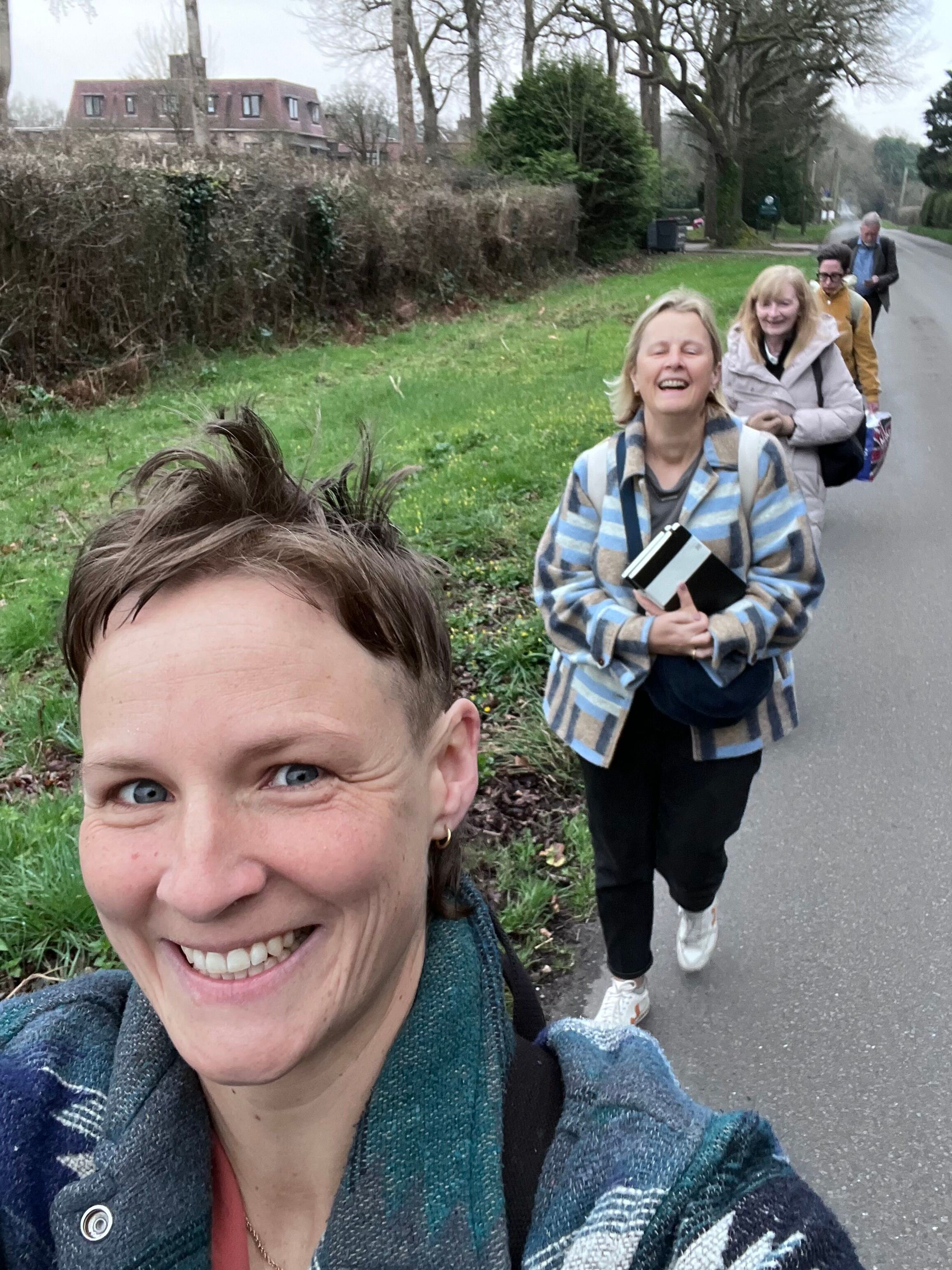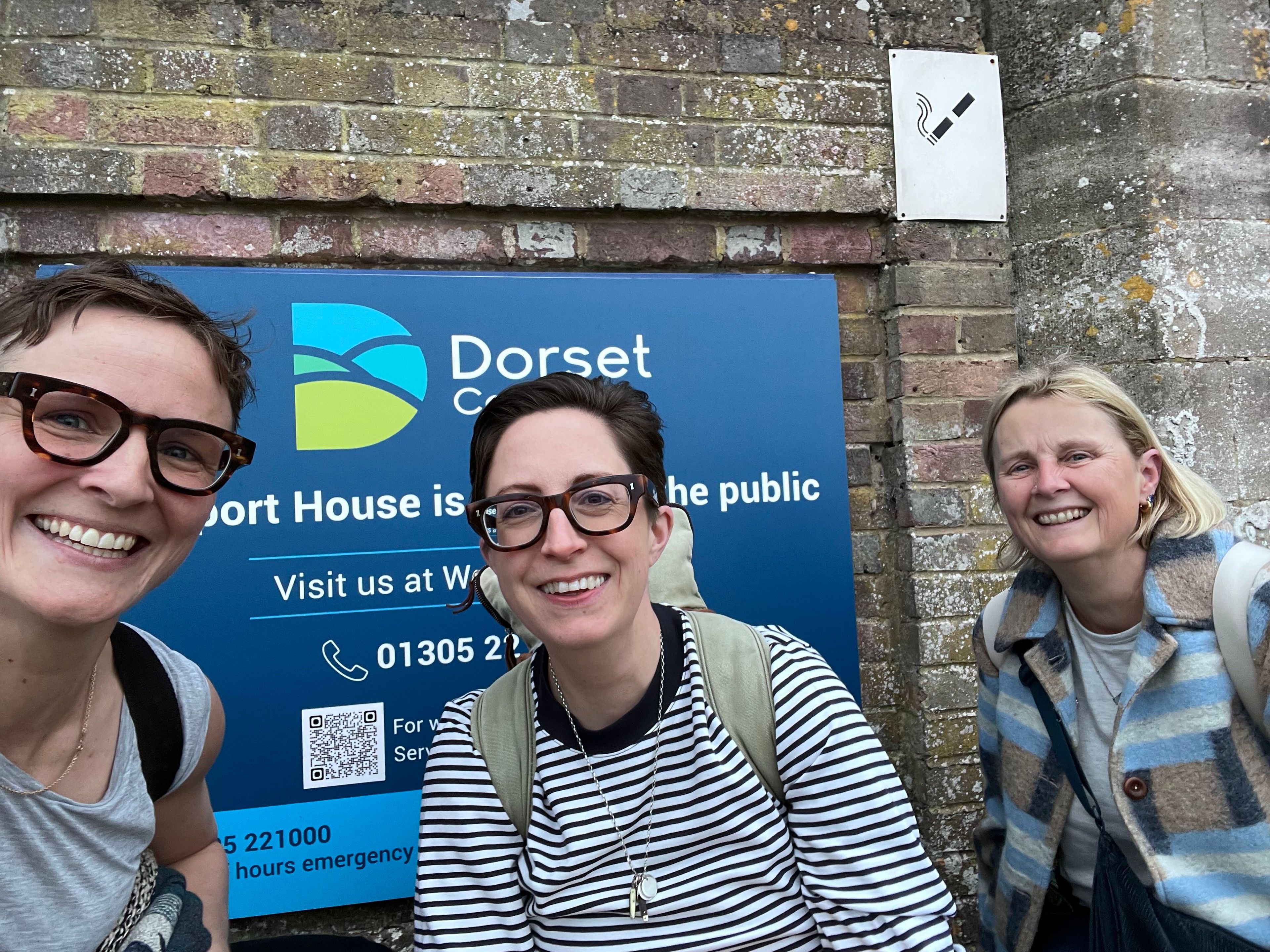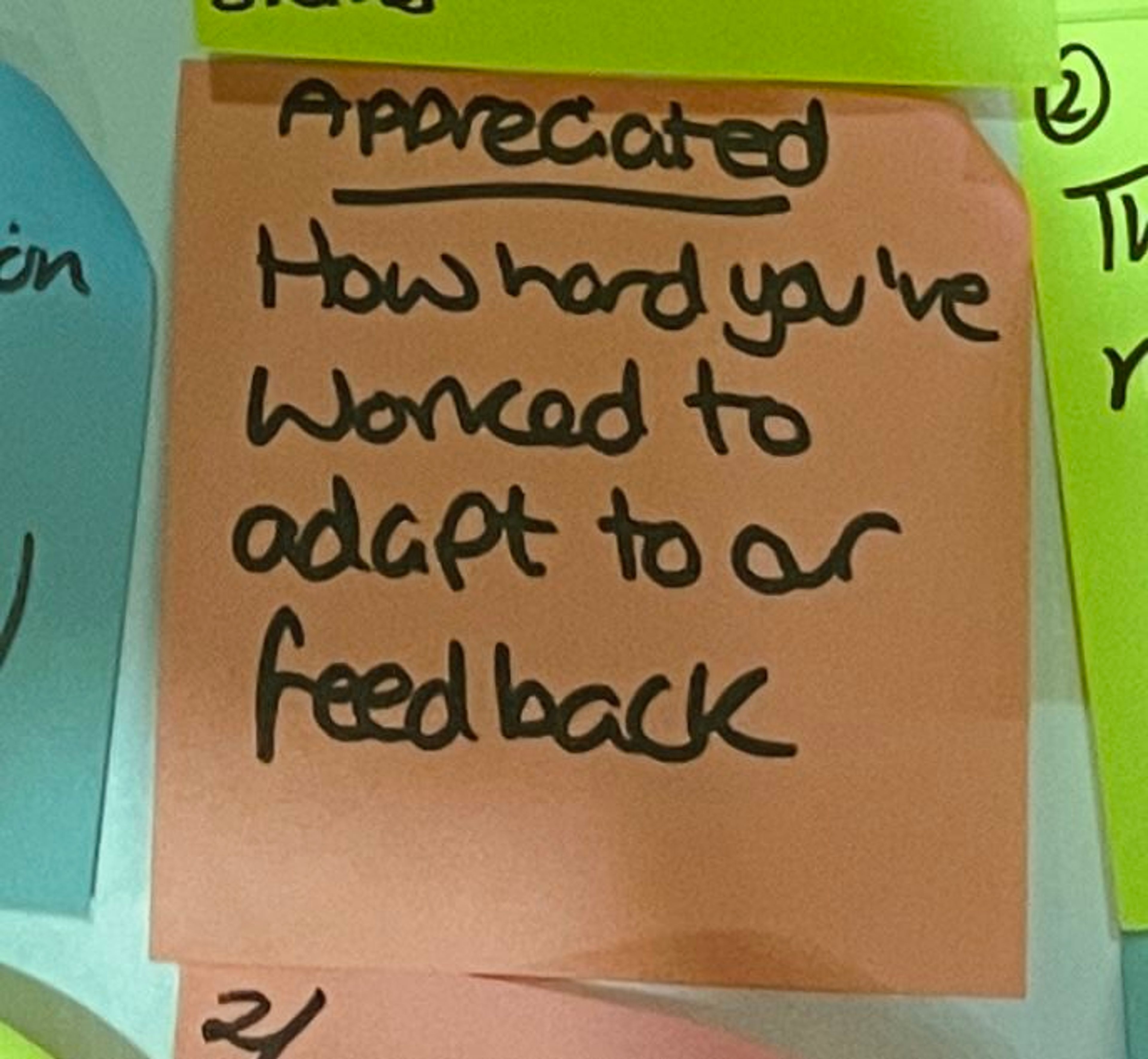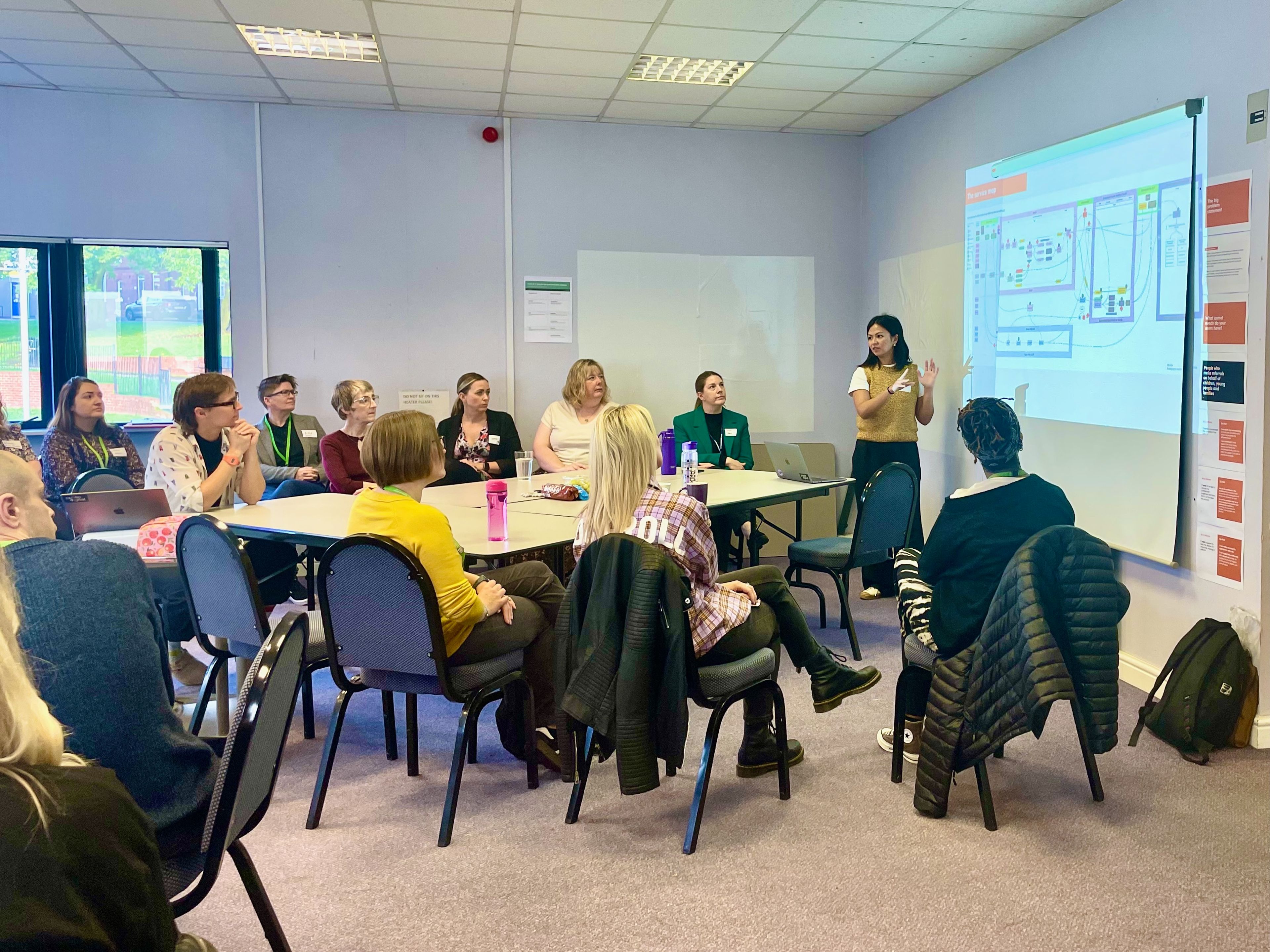
Children's social care
We help improve outcomes for children and families by transforming how Local Authorities work with their partners from the very first point of contact.
In 2019, Dorset Council implemented the conversational model for its front door service: the point where children and families first engage with social care. Dorset’s children’s services have since been rated Outstanding by Ofsted, and serve as a model for other councils.
Demonstrating their commitment to investing in strength of practice, Dorset asked us to review and suggest opportunities for improvement in their use of the conversational model since 2019. Their goal was to promote and strengthen shared decision making and collaboration with multi-agency partners to further reduce unnecessary intervention and assessment of children and their families, and promoting the right support, at the right time, first time.
The conversational model was developed by Professor David Thorpe through academic research and lived social work experience. Designed to provide clarity, consistency and quality in early engagement with families, it relies on social workers and family support workers conversing directly with third party referrers to build a clear understanding of the safeguarding concern and, crucially, whether a social work assessment is the most appropriate action. In Dorset, they are not only looking at safeguarding referrals, but those requests for family help, support for children with Specialist Education Needs and Disabilities, and navigating families to local community led resources and support.
While triaging models at the front door often results in high levels of ‘no further action’, the conversational model has been proven to reduce that number by an average of 30%, enabling children’s services teams to focus resources on those most in need of social work support.
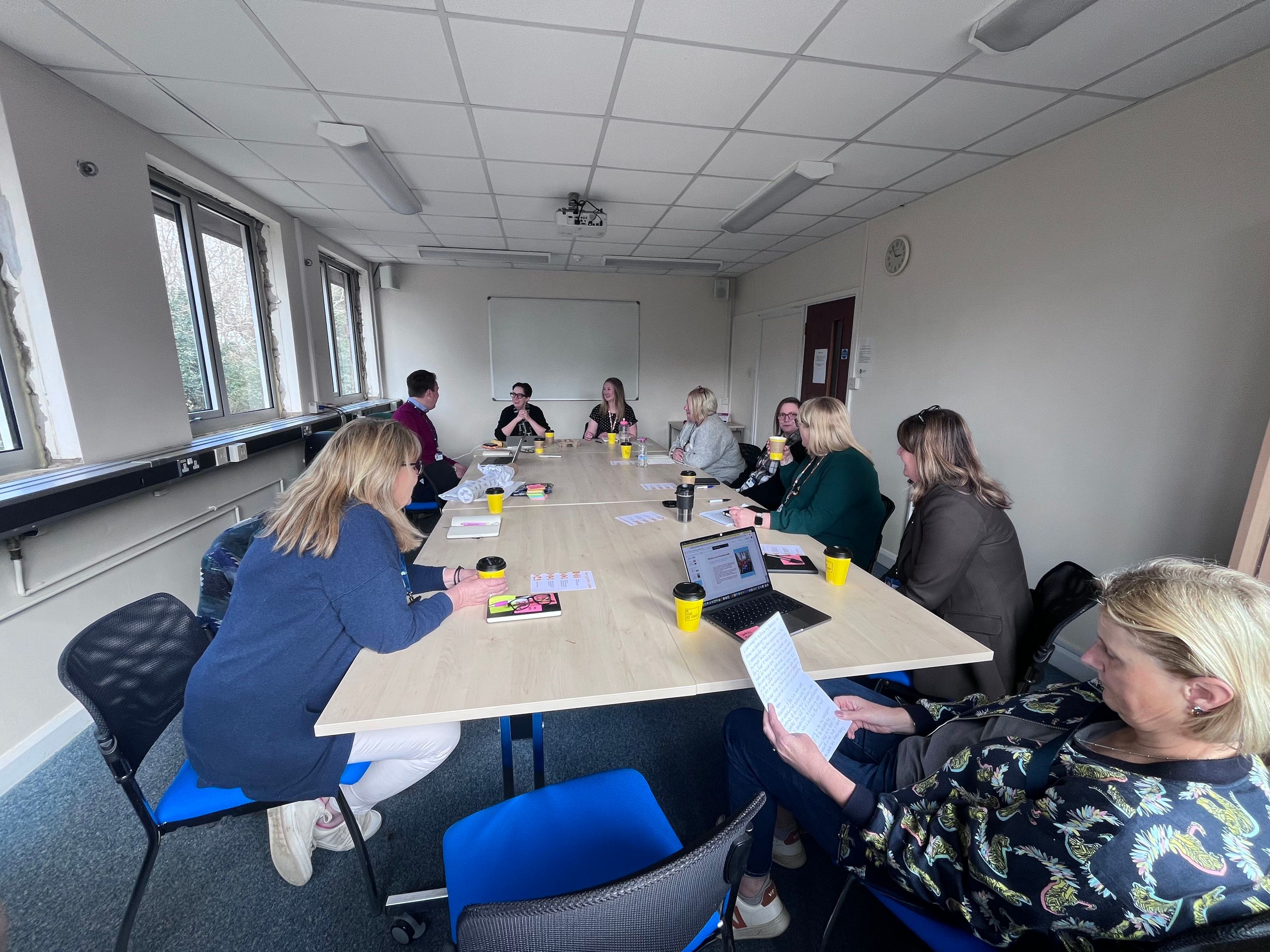
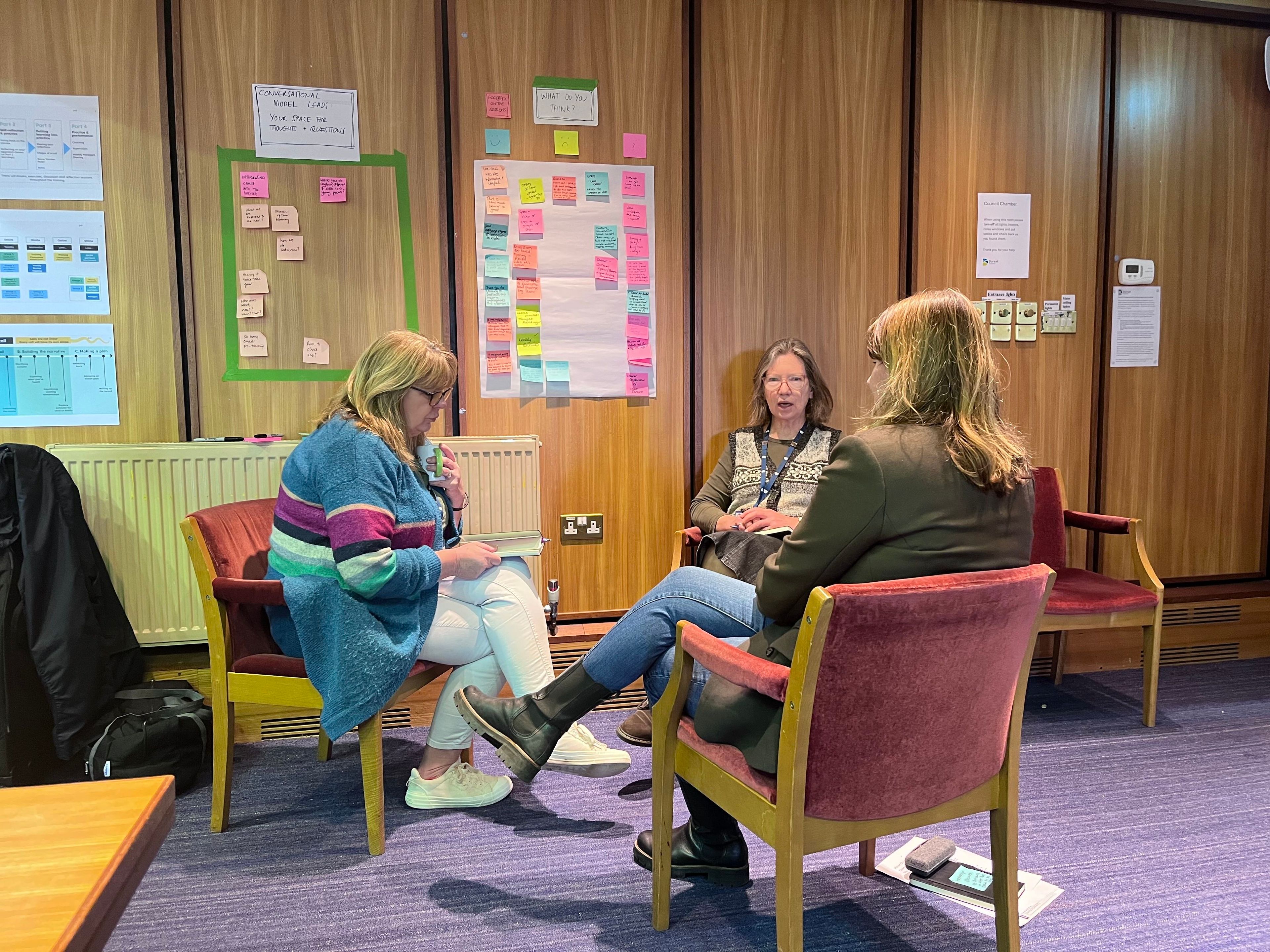
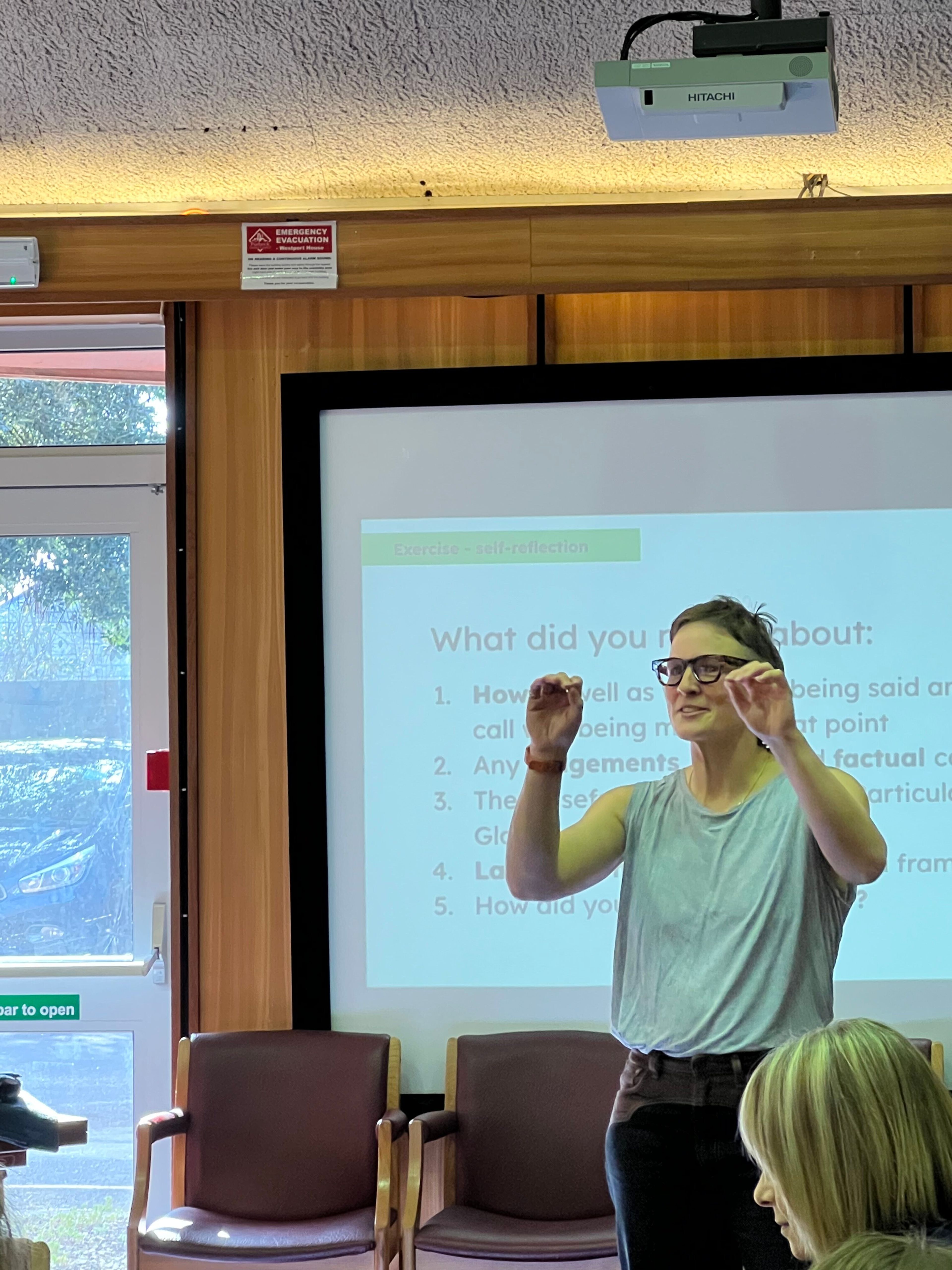
We began by reviewing the consistency of Dorset’s implementation of the conversational model since 2019, taking a multidisciplinary and mixed-methods approach, including data analysis, interviews, workshops and user research.
In particular, we assessed the effectiveness of the model from a practitioner and partner organisation perspective, and identified clear, actionable opportunities for improvement.
Based on our findings, we focused on strengthening cross-organisational understanding of the conversational model, and supported Dorset to take a service-led, multi-disciplinary approach to further implementation.
We worked with Training Champions from across the front door team in a series of co-design sessions which gave the client ownership of their wider organisational training, and helped promote the longevity of the model by adapting the training to the organisation’s specific culture and context.
Over the course of a two-day site visit, we introduced a set of conversational analysis tools and concepts to underpin the team’s practice.
Critically, we opened up the training to partner organisations, such as police, health and mental health practitioners, whose role involves making requests for support to the front door service. As the conversational model depends on the collaboration of multi-agency partners and a shared conversation about the right support for children and families, including any needs and risks, their involvement in the training was vital in helping Dorset strengthen the model across the wider service journey.
As a result of our engagement with Dorset Council, the team gained a deeper understanding of the model. This has enabled them to increase their capability to further implement and sustain the model, and observe increased confidence and capability among frontline staff. We also focused on developing increased capability in data analysis within the team to support rapid, regular feedback loops on the impact of the model.
We helped Dorset Council’s front door team strengthen their implementation of the conversational model, building confidence and capability among frontline staff.
We worked with Training Champions to deliver sustainable, repeatable training tailored to the organisation’s culture and context
We supported the children’s services team to work collaboratively with multi-agency partners as part of implementing a service-led approach.
We embedded capability in data analysis and rapid feedback loops to help the team assess the impact of the model.
Kris Pearse, Service Manager, Family Support and Advice Line
“Public Digital brought a wealth of experience and a sharp external perspective that helped us sense-check our progress and validate the direction we were heading with a conversation-led approach.
"Their team took the time to understand the complexity of our service model and offered thoughtful, evidence-based insights that helped us validate our direction.
"What made this collaboration particularly impactful was Public Digital’s ability to challenge our thinking in a supportive and strategic way."
